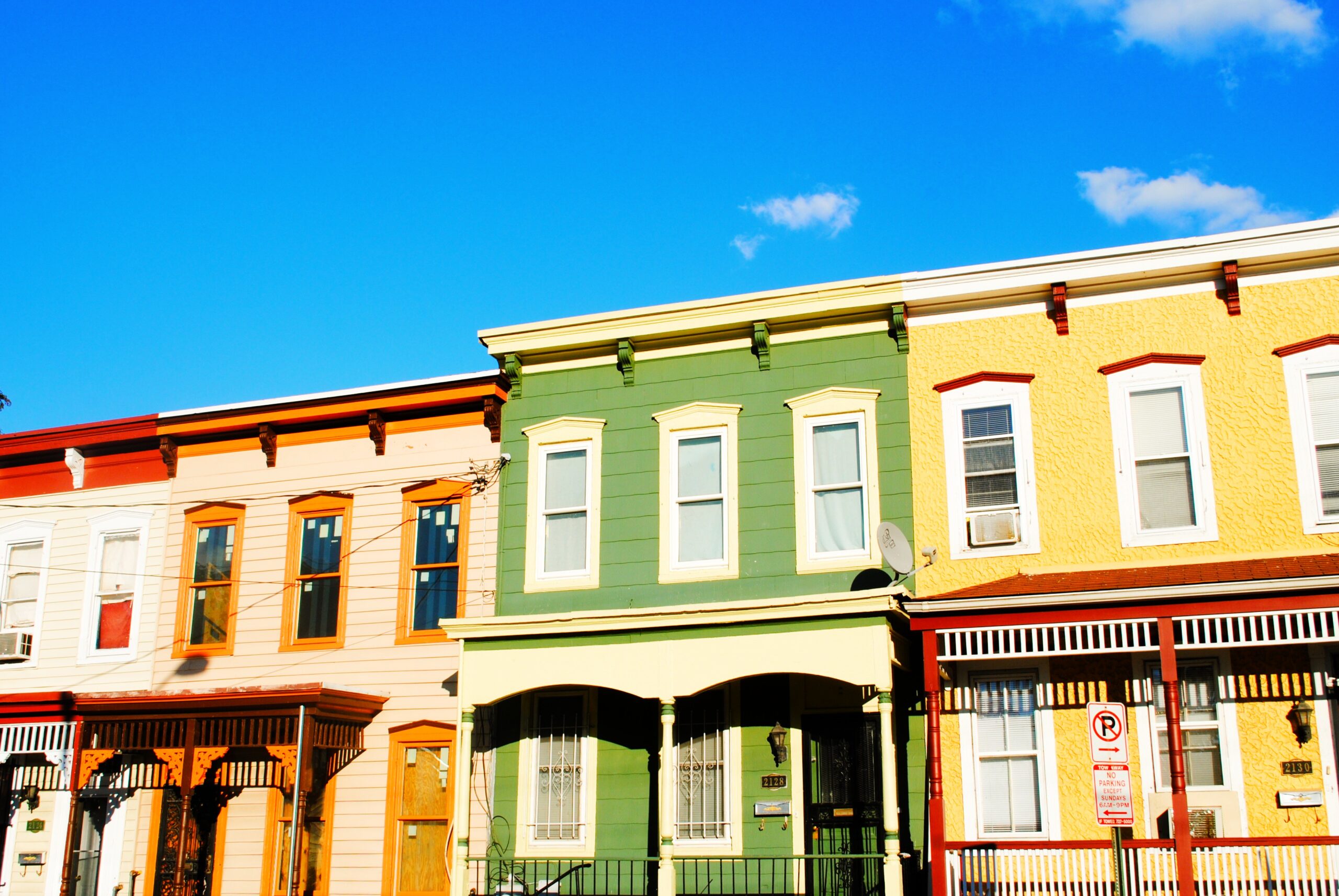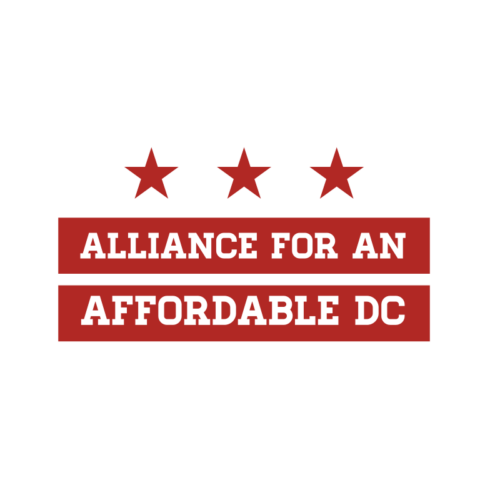
About Us
The Alliance for an Affordable D.C. is a group of 550+ residents, businesses and community organizations committed to supporting and protecting working families, neighborhood businesses and jobs.
We are committed to uplifting small businesses and employees, engaging with local business owners to understand the challenges they face, provide information about the latest resources that are available to them and amplify their voices regarding policies that would impact them.
The Alliance for an Affordable D.C. pledged to protect locally owned businesses when we launched our coalition – and we continue that fight. Today, we stand against policies that will harm our members and the District’s hardworking families, and fight to keep D.C. affordable for all.
Of our 550+ members, 53% are restaurants, 42% are convenience stores, and 4% are cafes and bakeries
Our Mission
Through partnerships and ongoing community engagement, the Alliance for an Affordable D.C. aims to educate and empower coalition members and supporters to advocate for an agenda that prioritizes working families and small businesses in D.C.
Our Vision
The Alliance works to lift up the voices of our members and partners and provide them with the tools and capacity to fight for an affordable D.C. for everyone.
Our Impact
The Alliance was originally formed in opposition to a proposed beverage tax in the District of Columbia. We remain in opposition to a beverage tax given its harmful impact on D.C.’s working families and local businesses. Thanks to powerful testimonies from many of our Alliance members, the tax was withdrawn, and we continue to advocate on behalf of D.C.’s small businesses. Today, we are advocating in opposition to a proposed bottle bill that would harm our members as well as working families.
Frequently Asked Questions
Fill out this simple form with your information and that’s it! Membership is completely free. You’ll receive emails that share updates and information on how you can support D.C.’s small businesses.
As part of a larger coalition, your voice will be amplified and therefore able to make a difference for the greater good.
Locally owned businesses receive:
- Access to resources like grant applications and deadlines, with updates delivered to your inbox.
- Placement on our member map, where customers can find your business hours and contact information.
- The opportunity to be featured on our social media channels.
Join us in uplifting and protecting small businesses in the District.

